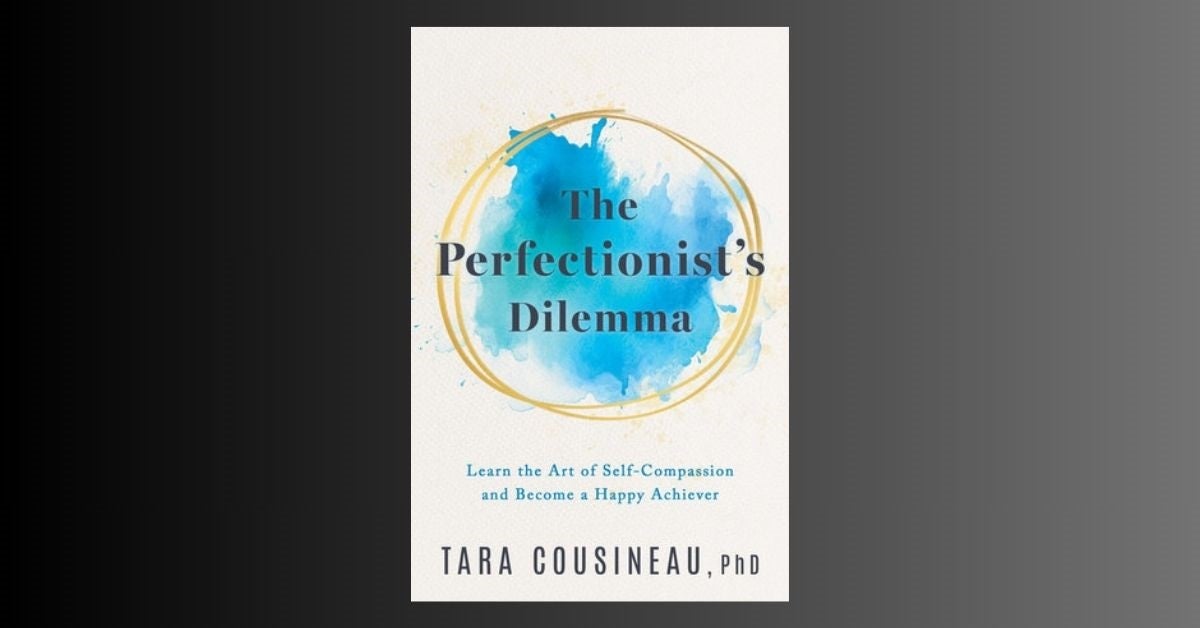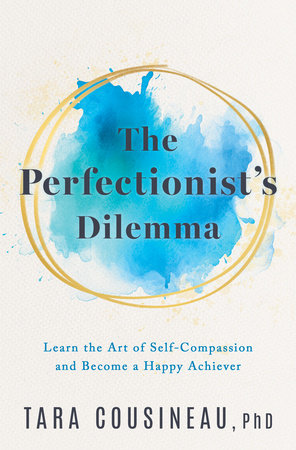Q: What inspired you to write The Perfectionist’s Dilemma?
As a clinical psychologist, I’ve spent years working with high-achieving students and professionals who, on the outside, seem to have it all together—but inside, they’re exhausted, anxious, and constantly feeling “not enough.” I’ve also walked that road myself. As they say, it takes one to know one! Perfectionism isn’t just about high standards; it’s about the fear of falling short, of disappointing others, of never quite belonging. I wanted to write a book that helps people break free from that cycle—not by lowering their ambitions, but by approaching success with more self-compassion, ease, and joy.
Q: Who is this book for?
This book is for anyone who feels trapped in the paradox of perfectionism—people who want to do meaningful work but find themselves held back by self-doubt, overworking, or fear of failure. It’s especially relevant for students, early-career professionals, educators, and leaders who struggle with imposter feelings or the relentless pressure to perform.
For more than five years, I’ve run workshops through the Counseling and Mental Health Service at Harvard University Health Service, working closely with undergraduate and graduate students navigating these very challenges. In The Perfectionist’s Dilemma, I share common stories and struggles—how perfectionism shapes students’ academic and personal lives, the emotional toll it takes, and the ways it keeps them feeling isolated. Through these vignettes, I help readers see that they are not alone and that perfectionism is not a personal failing.
Perfectionism is complex. On the surface, it looks like ambition, drive, and high standards, but underneath, it often serves as a defense mechanism—a way to protect against rejection, failure, or feeling like an outsider. The problem is that it comes at a cost: exhaustion, self-doubt, and a constant sense of not measuring up. The Perfectionist’s Dilemma offers a way forward, helping readers understand where these patterns come from and, more importantly, how to break free in a way that allows them to achieve with more ease, confidence, and joy.
Q: How does perfectionism manifest in today’s emerging adults, particularly in college settings?
College students today are under more pressure than ever—juggling academics, career goals, and the constant feeling that they need to prove themselves. Perfectionism can show up as procrastination, burnout, overcommitting, or being afraid to make mistakes. It’s also closely tied to anxiety and depression. So many students are working so hard to get things “right” that they lose sight of what actually makes learning meaningful.
Social media makes this even harder. With everyone sharing their highlight reels—perfect grades, dream internships, exciting social lives—it’s easy for students to feel like they’re falling behind. Research shows that perfectionism has skyrocketed since smartphones became part of daily life, and it’s no surprise. Young people today are constantly comparing themselves, not just to their classmates but to an endless feed of seemingly perfect people. It fuels this feeling that they have to do more, achieve more, and never slow down.
The tricky part? Perfectionists don’t actually get further ahead than their peers. At some point, the constant pressure does more harm than good—leading to stress, self-doubt, and even lower performance. The good news is, there’s another way. When students learn to shift from perfectionism to what I call “Happy Achieving,” they can still aim high—but with more confidence, ease, and self-trust along the way.
Q: Why is it important to help young people understand their nervous systems?
So much of perfectionism isn’t just a mindset—it’s a physiological response. When students feel like they’re constantly being evaluated, their nervous system goes into a fight-or-flight mode, making it hard to think clearly, take risks, or even rest. Teaching young people how to regulate their nervous systems—through mindfulness, self-compassion, and body-based strategies—helps them feel more grounded, resilient, and capable of handling challenges.
Q: Can you describe some of the “Happy Achiever” tools in the book?
The book offers practical exercises to help readers shift from perfectionism to what I call “Happy Achieving.” Some key tools include:
- The EVOLVE Method: A six-step process designed to help readers move from self-judgment to self-trust. It’s rooted in mindfulness, self-compassion, and building sustainable well-being habits that support both success and personal fulfillment.
- Happy Achiever Tools: Each step in the book includes practical, holistic exercises or “recipes” that readers can try. These tools help perfectionists connect their head with their heart and their brain with their body—so people can strive for excellence in a way that feels energizing rather than depleting.
Q: How can the book help with befriending the inner critic?
The book helps readers learn to recognize and reframe the inner critic’s voice, which I call your “Plus One”—that ever-present companion who’s always hanging around. Through self-compassion and acceptance, readers can shift from harsh self-judgment to a more supportive inner dialogue. Rather than trying to silence the inner critic, I encourage readers to get curious about it. That voice often develops as a form of protection, even if it’s misguided. In the book, I offer ways to engage with the inner critic—understanding its fears, setting boundaries with it, and ultimately shifting it from a harsh judge to a more constructive voice of wisdom.
Q: As an educator, why should I consider the role of perfectionism in the learning environment?
Perfectionism impacts not just students but entire learning communities. If students believe mistakes equal failure, they’ll hesitate to take risks, ask for help, or fully engage in the learning process. When educators model self-compassion, normalize struggle, and emphasize growth over perfection, we create classrooms where students can learn more deeply and authentically.
Q: How can we remain optimistic in a climate of constant striving for achievement?
We can remind ourselves—and our students—that achievement is not the same as worth. Progress, creativity, and well-being matter just as much as performance. When we shift the focus from proving ourselves to supporting one another, we create environments where people can succeed and thrive. Educators can help students redefine success. Instead of measuring success solely by external outcomes (grades, awards, accolades), we can focus on intrinsic values like curiosity, contribution, and resilience. When we help students—and ourselves—celebrate progress, creativity, and effort, we create a culture that values learning over performance. The good news? This shift not only reduces burnout but also leads to deeper, more meaningful achievement.

Tara Cousineau, PhD, is a clinical psychologist, staff psychologist at Harvard University’s Counseling and Mental Health Services, and author of The Kindness Cure: How the Science of Compassion Can Heal Your Heart and Your World. She is professionally trained in mind-body medicine, mindfulness, mindful self-compassion, and innovative psychological methods, including energy psychology and Internal Family Systems. Learn more at www.taracousineau.com.






